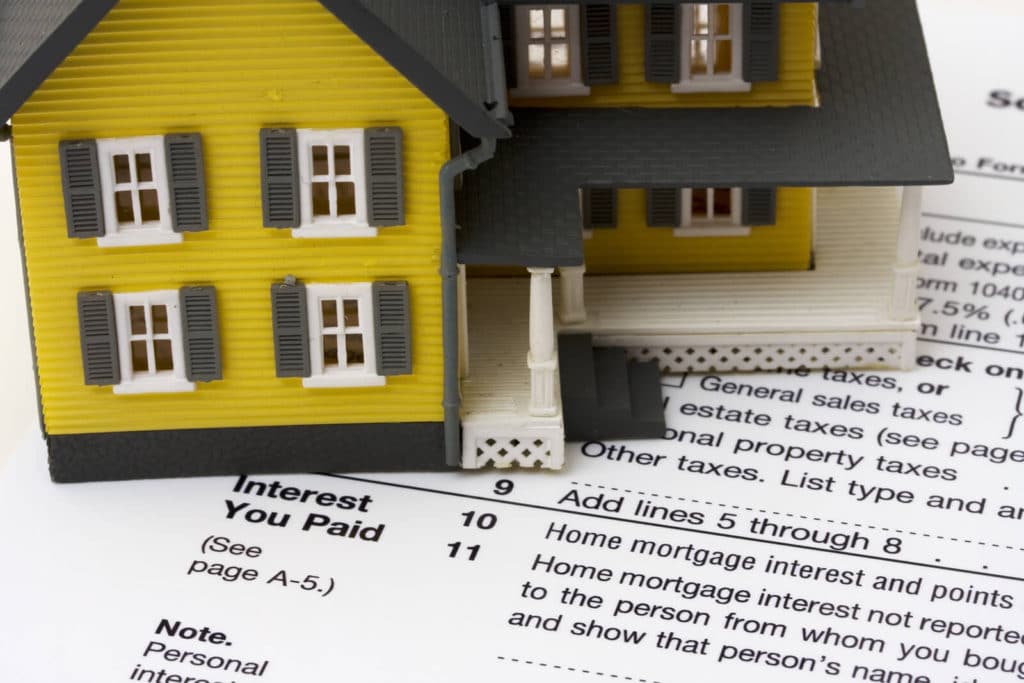Property taxes are taxes paid to the county where you live to support local government. Some of the money will go to school districts for things like teacher salaries and pension, and some will go to your municipality for police and fire protection. Your tax bill will give you a breakdown of where the money is distributed generally.

How Much Are Property Taxes in Chicago?
The amount of your property tax is based on a complex and artificial formula that attempts to calculate the market value of your home compared to other homes. In the Chicagoland area, the “assessed value” is usually much lower than the actual market value. Usually the tax ends up being 1.5% to 2.5% of the real market value of your home. The county assesses the value of your home every 3 years (or triannually) and then any change is reflected on the following year’s tax bill.
When Are Property Taxes Due?
Tax bills come out twice a year, and they are for the property taxes due in the previous year. In other words, property taxes are paid “in arrears” for the previous year. If you are buying a home, you will receive a property tax credit from the seller, since the next few upcoming tax bills will be for the time period before you owned the home. Your lender will typically require that you pay 1/12th of your tax bill each month as part of your monthly mortgage payment. In this way, the lender can take that pot of money that build up, in your escrow account, and use it to pay your tax bill to the county directly. When you first begin paying your mortgage, you will be able to setup an online account and monitor the buildup, and disbursement, of your tax escrow account.The first installment is usually sent by March 1st and will not reflect any increases, while the 2nd installment comes out between August and December and would reflect, for the first time, any changes to your bill based a new assessed value.
How Can I Keep My Property Taxes Low?
Property taxes are on the rise as homes continue to appreciate and the county uses more technology to better calculate the real market value of your home. In order to keep your tax low, you should be sure to file a homeowner exemption each year, which saves you around $500/year. If you forgot to do that, you can file a correction retroactively for the last 3 years and maybe receive a nice big refund check. You should also appeal your assessed value every three years after the county does its assessment. You can do this on your own through the county website or hire a lawyer that specializes in tax appeals. A lawyer will take the appeal on a contingency basis, so there are no fees and the lawyer will only get paid a percentage of any savings in the first year (usually 33%). Home owner associations usually hire a lawyer to appeal all the assessments for the condo building as a whole.
